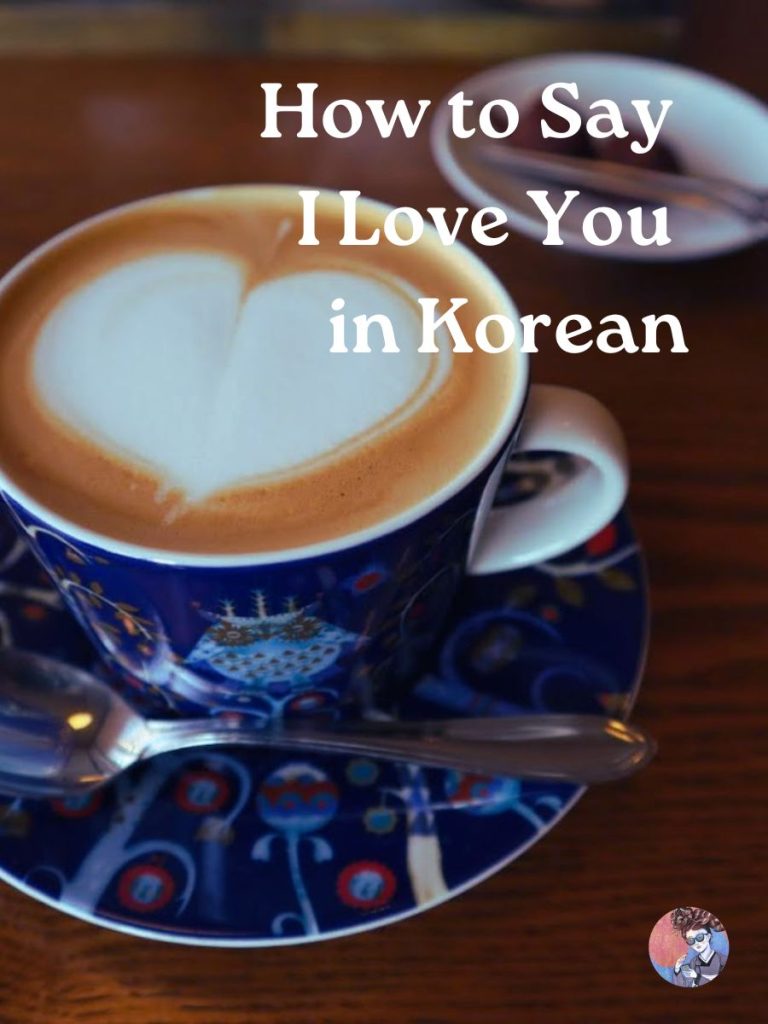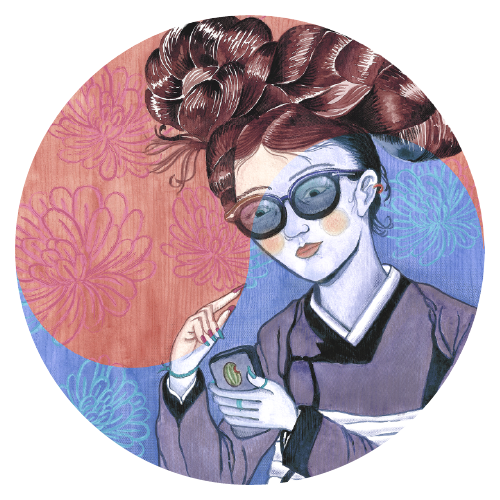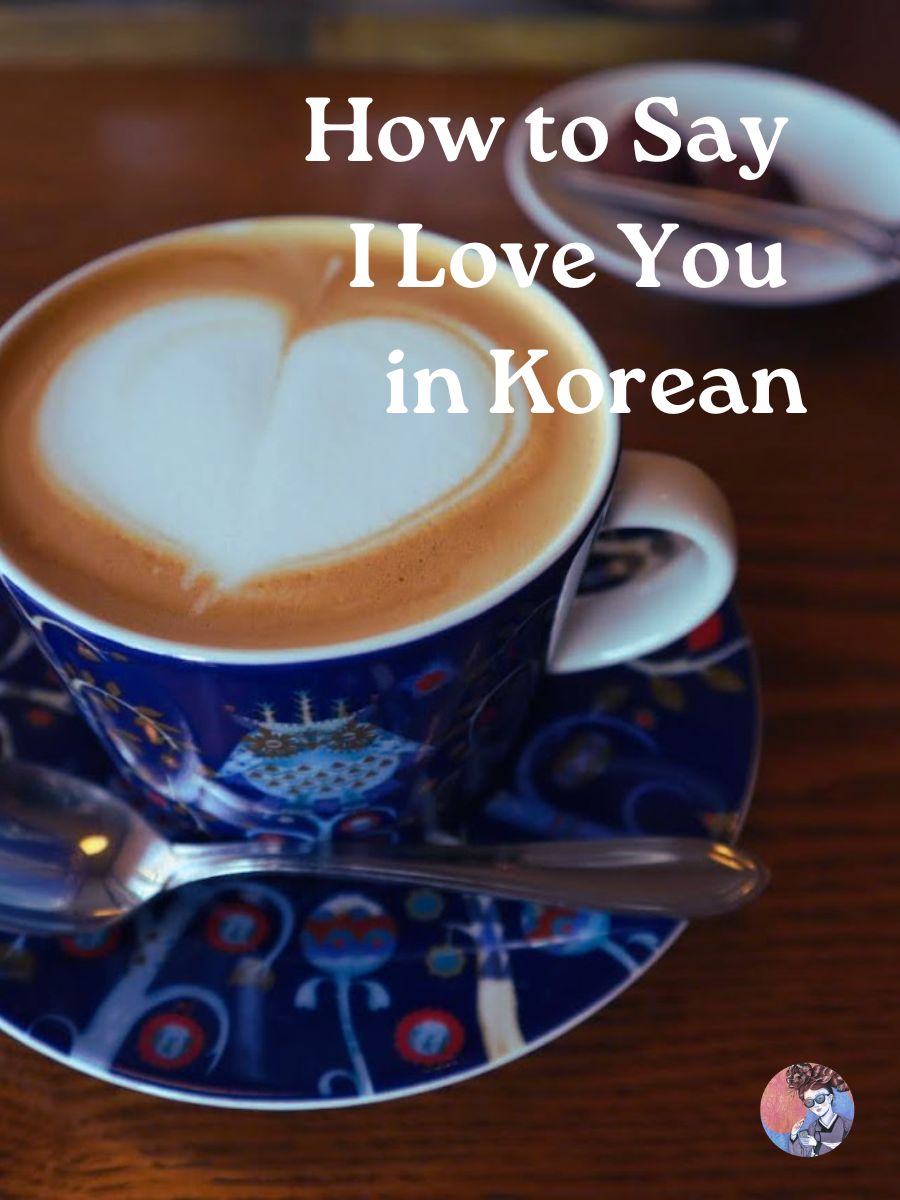
Want to learn how to say “I love you” in Korean, but naturally and fluently?
Here are three levels of speech to say I love you!
Quick Summary
- The most common and casual way to say “I love you” in Korean is saranghae.
- A polite way to say I love you in Korean is saranghaeyo.
- Saranghamnida is appropriate in formal settings.
Expressing love in Korean carries a deep cultural significance, and knowing the right words can help you convey your feelings better.
Here are three levels of speech depending on the formality and context of your relationship with the person you are speaking to.
Casual: Saranghae
“Saranghae” is the casual way to say “I love you” in the Korean language.
It literally means “love + do” without I and you because it’s usually clear without the subject and object.
This form is used among people who are close, mostly couples.
Older family members say this phrase to younger members, such as parents or grandparents to their children or grandchildren.
Some half-jokingly use this expression to their close friends to show affection and appreciation, especially when they write a letter on their birthdays or as a thank you for getting treated to a fancy meal by their friends.
Polite: Saranghaeyo
A polite way to say I love you in Korean is “saranghaeyo.”
This is most frequently used when speaking to someone older.
Most children say saranghaeyo to their parents and grandparents.
Korean students write this to their teachers on Teacher’s Day.
Formal: Saranghamnida
For a more formal expression, there’s “saranghamnida.”
This version is appropriate in formal settings or when speaking to someone of higher social status.
It’s less commonly used among young couples and reserved for more respectful contexts, such as speeches, weddings, or when addressing elders.
Other Expressions of Love
There are other ways to express love and affection in Korean.
Joahae
Joahae means “I like you” in Korean. This is to express affection that is not as deep as love.
Bogoshipo
Bogoshipo means “I want to see you” as in “I miss you” in Korean. It conveys a sense of longing and affection. This is also frequently used among friends.
Cultural Context
In Korean culture, relationships and the expression of emotions are more reserved compared to Western cultures.
Public displays of affection are less common, and the way love is expressed is subtler or even unsaid.
Immediate family rarely say it, but couples, K-dramas, and K-pop songs make up the difference.
We also like to show love through action.
Conclusion
Whether you’re confessing your feelings to a significant other or expressing fondness to a close friend, knowing how to say “I love you” in Korean can help deepen your connections.

